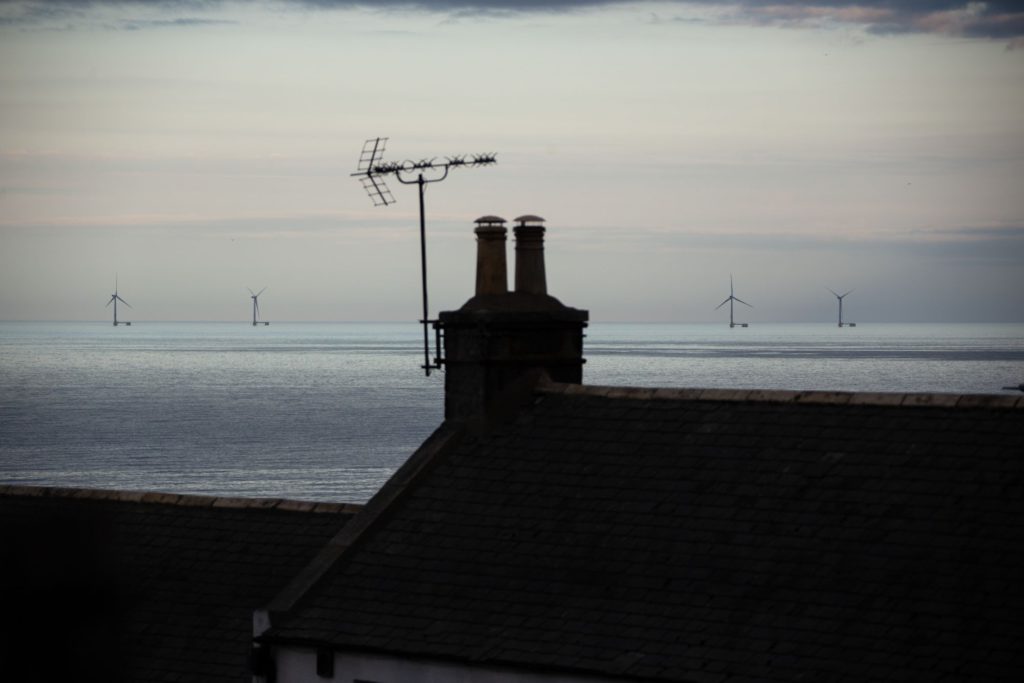The UK’s next auction of renewable-energy contracts will be make or break for the country’s burgeoning offshore wind industry.
(Bloomberg) — The UK’s next auction of renewable-energy contracts will be make or break for the country’s burgeoning offshore wind industry.
Wind power has been getting cheaper for years, but that may have to change as the industry copes with rising manufacturing and financing costs.
Unless prices increase from last year’s record low, developers may be reluctant to accept the long-term agreements, said Anna Borg, chief executive officer of Swedish utility Vattenfall AB, a major player in UK offshore wind farms.
Britain offers wind developers contracts to sell power at a minimum price, known as contracts for difference, or CFDs.
The program’s security of a guaranteed rate has driven billions of pounds of investment and made the UK home to the world’s largest fleet of wind farms at sea outside China.
Where the next auction level turns out will be “crucial” for whether development speeds up or slows down, Borg said in an interview at the World Economic Forum in Davos, Switzerland.
The latest CFD tender for offshore wind cleared at £37 ($46) per megawatt-hour, a fraction of the cost for fossil-fuel generation over the past year.
But with costs increasing, the contracts may no longer be viable.
Developers can build projects without subsidies, but selling their electricity in the open market on a so-called merchant basis increases price risk and can make financing difficult. If a low support price means the merchant route is the only option, it could make the UK a less attractive place to build, Borg said.
“The UK is an important market for us,” she said.
“What I am concerned about is regulation” around pricing of renewables projects.
Broader Shift
The warning is part of a broader shift in the wind industry as executives try to ensure they can make a healthy profit while also delivering on global climate goals.
Executives say that governments will need to accept that the price of their renewable power will need to go up, but that it’s still cheap compared to volatile fossil fuels.
Britain plans to install 50 gigawatts of offshore wind capacity by the end of the decade.
Fixing prices gives companies long-term visibility on earnings, but they have pay back profits when electricity prices are above the contracts’ minimum strike price.
The UK will open applications for the fifth round of the support mechanism in March, with the bidding window open from as early as June to August.
Applicants will get the results by September, with contracts signed shortly after.
“Demand to build projects is almost endless,” Borg said. “We will choose where we put our efforts.”
More stories like this are available on bloomberg.com
©2023 Bloomberg L.P.










